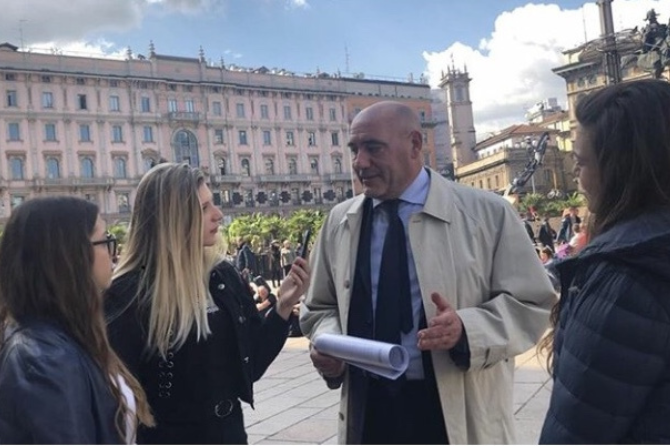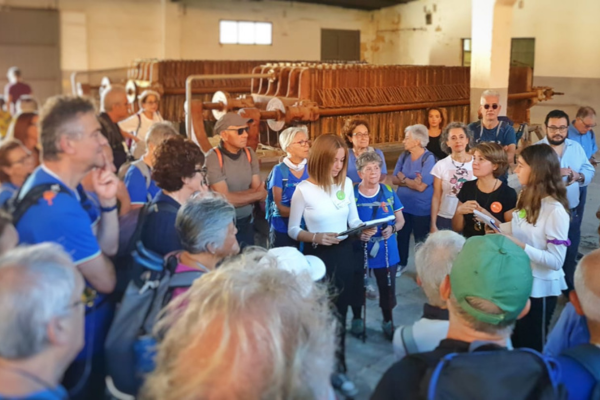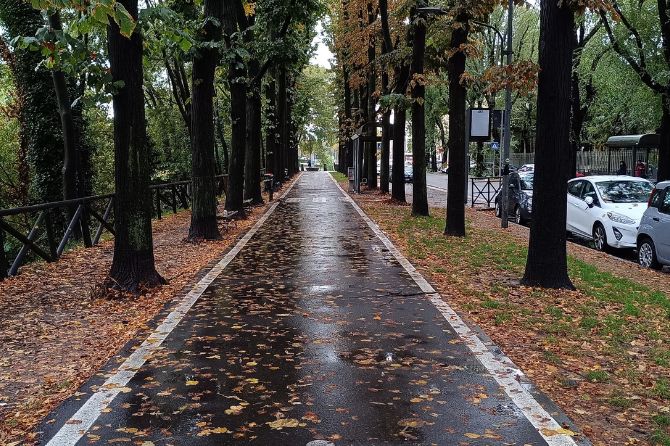In Melegnano (MI), the school institute “Benini” promotes legality and the value of confiscated assets
Today, the apartment seized from organized crime on Via della Liberazione in the municipality of Peschiera Borromeo is now under the management of the Cooperative Arti e Mestieri sociali, functioning as a community for mothers and children. The process of allocation was likely expedited by the tenacity and awareness-raising activities conducted a few years ago by the students of IIS Vincenzo Benini in Melegnano (MI) on the subject of anti-mafia efforts and confiscated assets.
The civic monitoring experience of Team XRacket is indeed part of a path of education in legality, respect for human rights, and equal opportunities that have characterized the history of the educational institute since the 1980s.
A story distinguished by the commitment and sensitivity of its protagonists, making a school a pioneer in Lombardy for promoting projects related to the fight against organized crime and active citizenship. This recognition comes from a study conducted between 2016 and 2017 by a group of researchers from the Faculty of Political Science at the University of Milan, funded by the Ministry of University and Research, on the “History of Education in Legality in Italian Schools.”
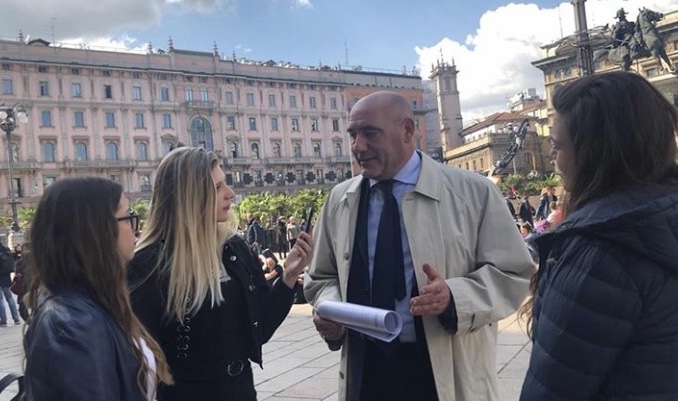 And this is the path that the students of class 3b took during the 2018-2019 school year. During the sixth edition of “A Scuola di OpenCoesione,” they decided to monitor the functioning of the platform for the allocation of confiscated assets, Open RE.G.I.O. This portal reflects a strategy that stems from a new relationship with the Collaborators of ANBSC (National Agency for the Administration and Allocation of Assets Seized and Confiscated from Organized Crime), Prefectures, the Agency of Public Assets, Entities, Associations, and all public and private partnership entities that are involved in various capacities in the complex matter of seized and confiscated assets. This topic has also been the subject of various in-depth analyses on OpenCoesione (see, for example, the Data Cards on “Cohesion policies and confiscated assets”, and “Confiscated assets, cohesion policies, and the National Plan for Recovery and Resilience”).
And this is the path that the students of class 3b took during the 2018-2019 school year. During the sixth edition of “A Scuola di OpenCoesione,” they decided to monitor the functioning of the platform for the allocation of confiscated assets, Open RE.G.I.O. This portal reflects a strategy that stems from a new relationship with the Collaborators of ANBSC (National Agency for the Administration and Allocation of Assets Seized and Confiscated from Organized Crime), Prefectures, the Agency of Public Assets, Entities, Associations, and all public and private partnership entities that are involved in various capacities in the complex matter of seized and confiscated assets. This topic has also been the subject of various in-depth analyses on OpenCoesione (see, for example, the Data Cards on “Cohesion policies and confiscated assets”, and “Confiscated assets, cohesion policies, and the National Plan for Recovery and Resilience”).
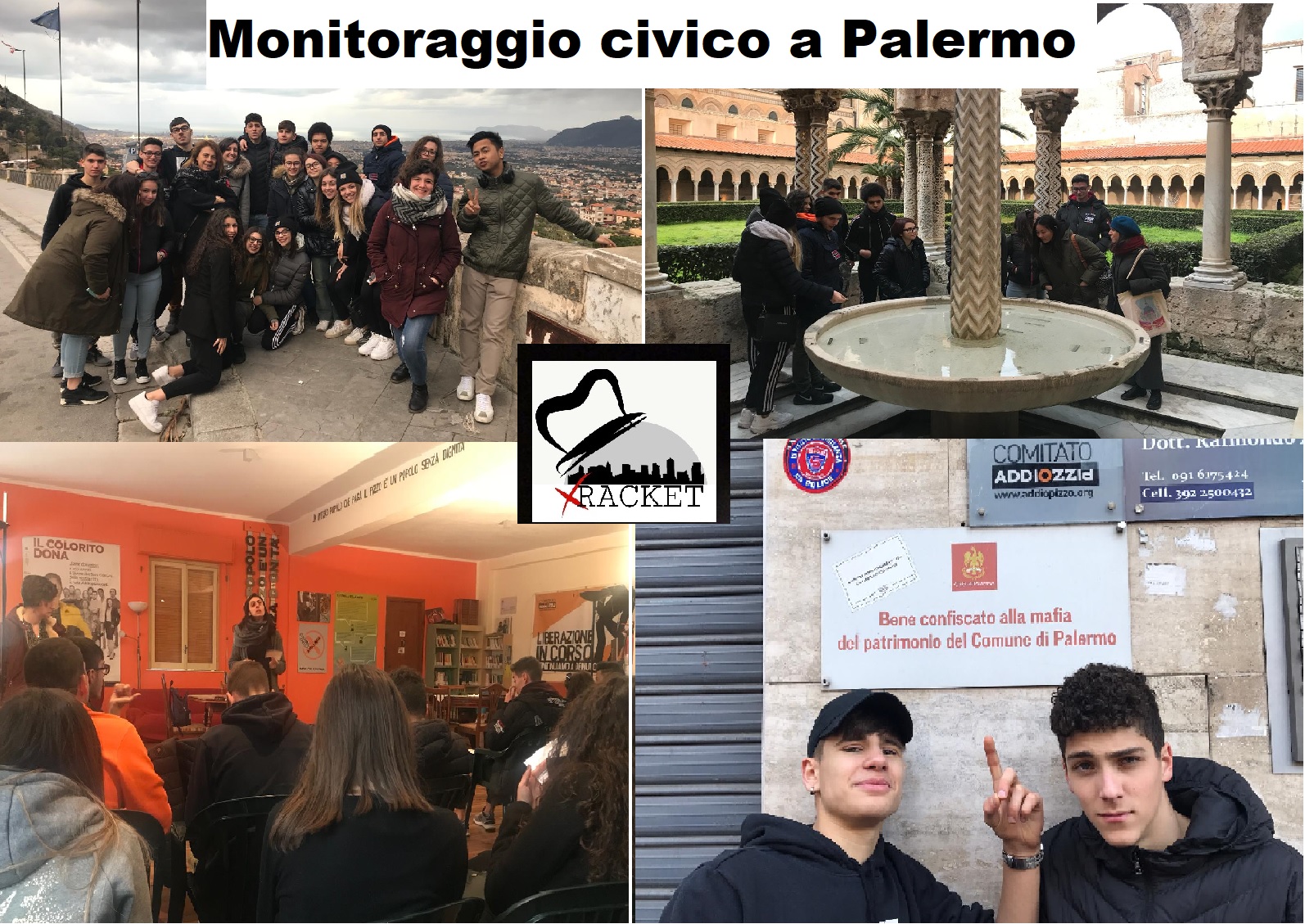 They chose this path immediately after returning from an educational trip to Palermo, organized to delve into topics related to anti-mafia efforts. During the trip, the students visited the city with the Addiopizzo Association, which allowed them to meet with citizens and merchants actively engaged in reporting and daily combating the mafia.
They chose this path immediately after returning from an educational trip to Palermo, organized to delve into topics related to anti-mafia efforts. During the trip, the students visited the city with the Addiopizzo Association, which allowed them to meet with citizens and merchants actively engaged in reporting and daily combating the mafia.
Thanks to this investigation and the collection of extensive information on allocation procedures, the Team delved into the complex path preceding the approval of the law that allowed for the social use of confiscated assets. They focused their narrative on how a once criminal space can truly become a beacon for the entire community. On the other side, the students observed a lack of awareness among citizens, in addition to the numerous difficulties that can arise even after allocation. For instance, some assets assigned for social purposes are not always embraced by the residents.
“Within the civic monitoring on the functioning of the Open RE.G.I.O. platform,” recounts Professor Monica Masoch, “we identified confiscated assets in our area, including the space on Viale Padova in Milan assigned to a radio station or the villa in Mombretto designated for an autism care center. Meanwhile, the apartment in Peschiera Borromeo that we had visited was at risk of not being allocated because some residents were not enthusiastic about the opening of a social housing unit due to the potential noise it could cause the guests. It was then that my students reflected on a strategy to address such issues: designing effective storytelling for concrete and active engagement of the population in the phase of choosing the destination for the asset."
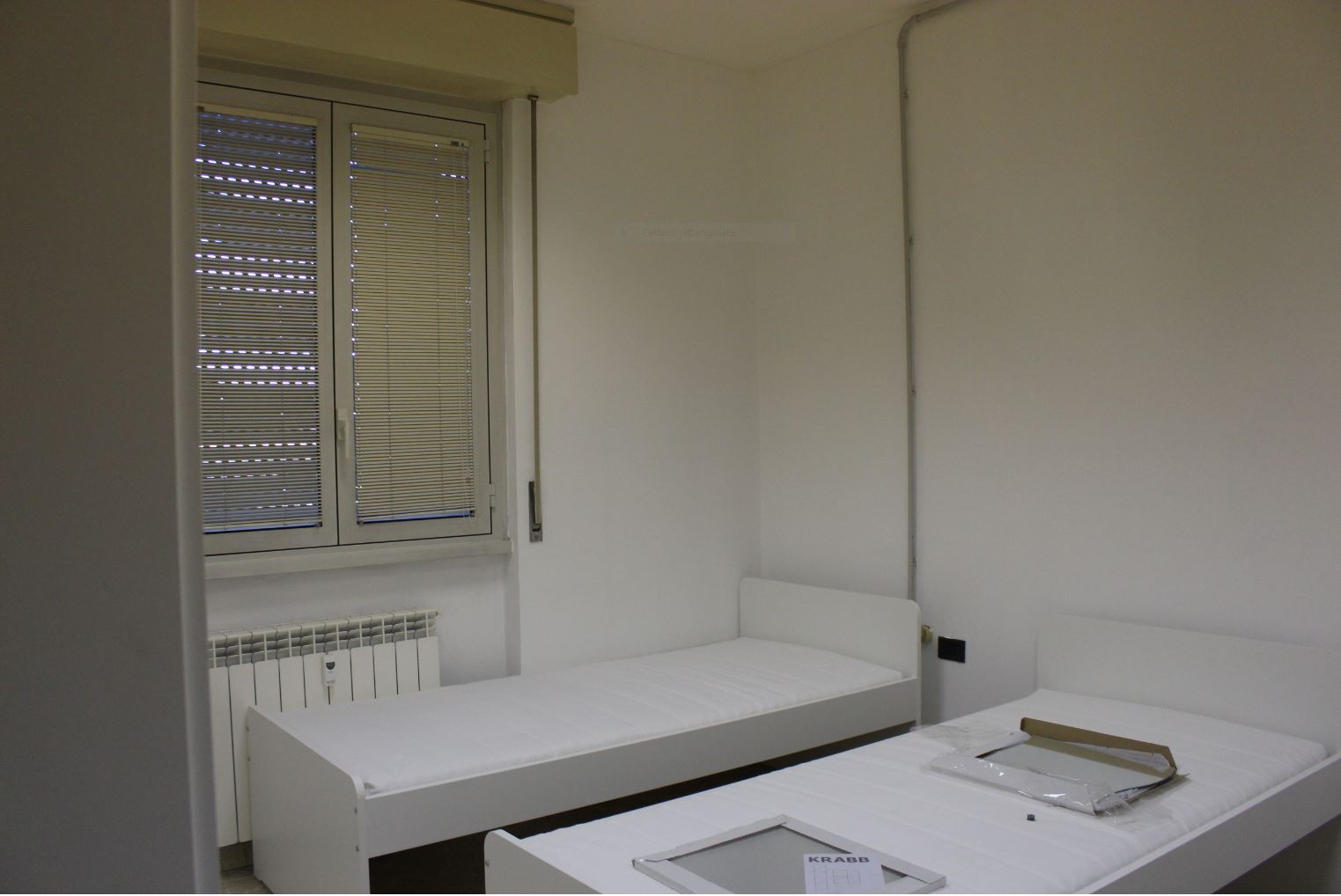 The class, awarded the special mention “National Scope of Research” in the 2018-2019 school year, through the ASOC project, has come to understand the importance of involving citizens in the decision-making process, often exclusively entrusted to local administrations. After completing the project, they continued to collaborate with the Libera association, participating in thematic events and spreading the culture of legality, such as the bike tour to discover confiscated assets, with the goal of contributing to conveying the importance of the fight against organized crime.
The class, awarded the special mention “National Scope of Research” in the 2018-2019 school year, through the ASOC project, has come to understand the importance of involving citizens in the decision-making process, often exclusively entrusted to local administrations. After completing the project, they continued to collaborate with the Libera association, participating in thematic events and spreading the culture of legality, such as the bike tour to discover confiscated assets, with the goal of contributing to conveying the importance of the fight against organized crime.
In the array of numerous educational initiatives promoted by the school, such as “Impresa in Azione,” an entrepreneurship education project where students created a bracelet aimed at raising awareness about bullying, or “Scopri il Bene,” a festival during which classes simulated a trial guided by volunteers from Libera at the Zero5 cooperative headquarters in Milan, ASOC fits in seamlessly. In fact, it provides students with the opportunity to delve into the dynamics and processes that contribute to the success of a path involving the return of assets to the community, enabling them to benefit collectively and undergo a renewal process.

